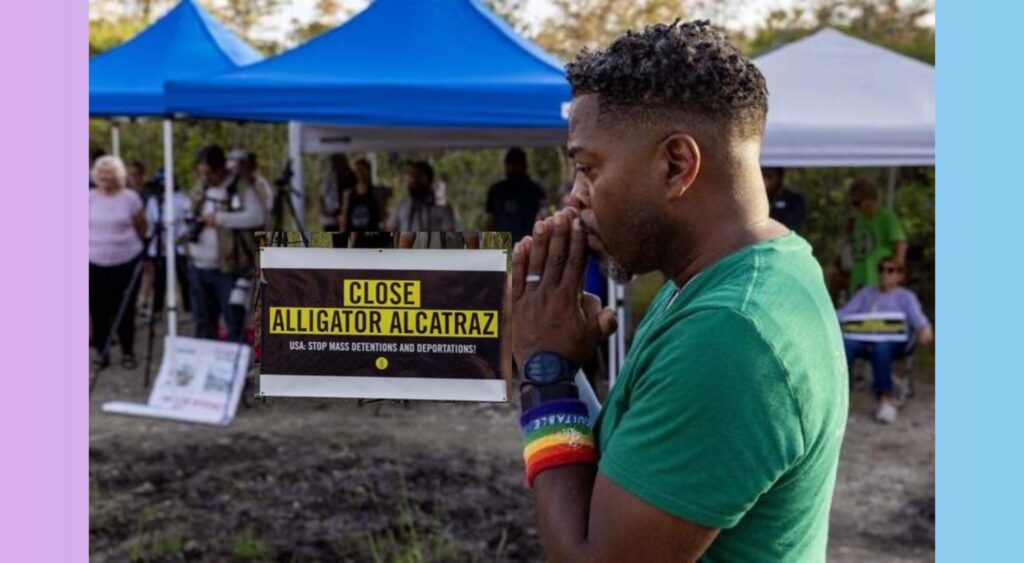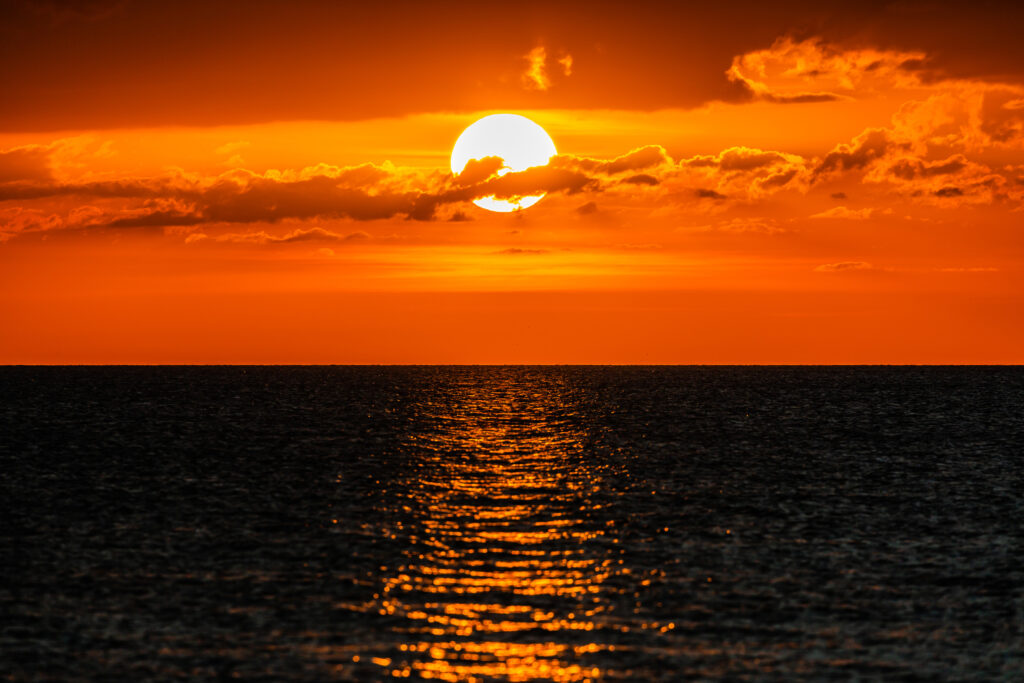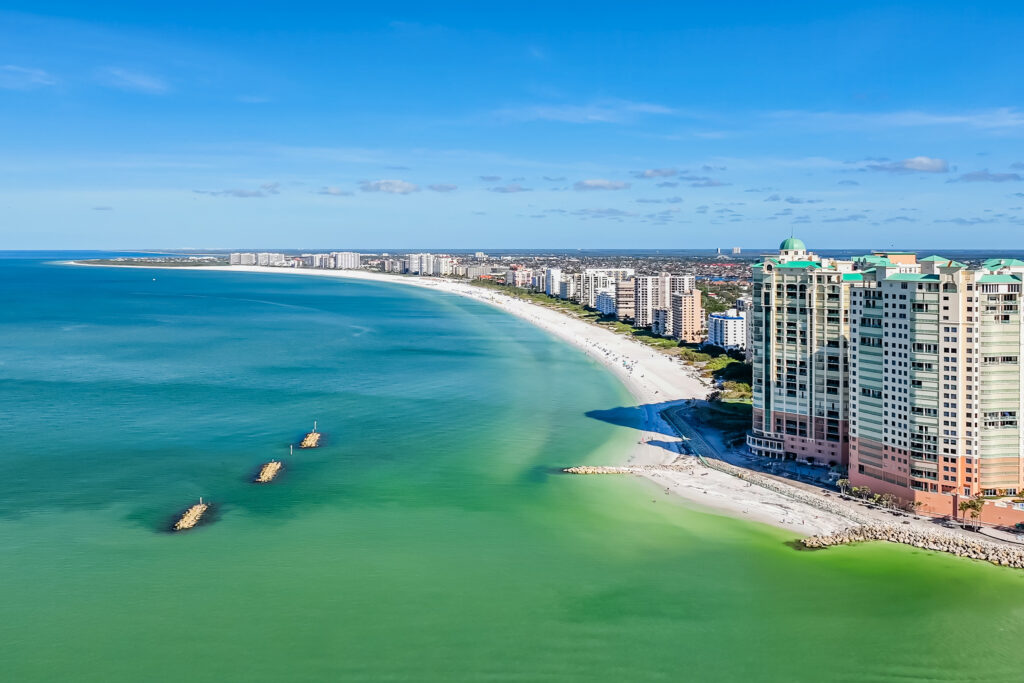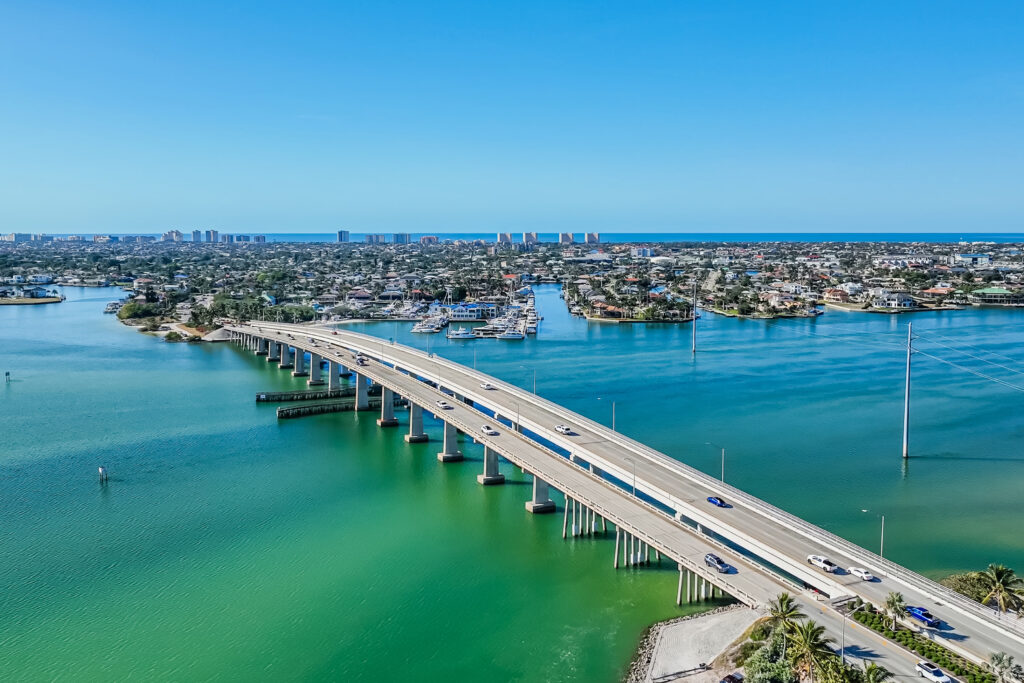

Sunday Church in the Everglades: Faith Movement Grows at ‘Alligator Alcatraz’ Protests
Sunday Church in the Everglades: Faith Movement Grows at ‘Alligator Alcatraz’ Protests
Deep in the Florida Everglades, where sawgrass meets swamp and mosquitoes hum like a restless choir, a unique kind of worship has taken root. Every Sunday evening — rain or shine — dozens of people gather near the gates of Florida’s controversial migrant detention facility, known by locals as “Alligator Alcatraz.”
They come armed not with protest chants alone, but with hymns, candles, and prayer circles. Their mission, they say, is simple: to bring faith and hope to one of the most divisive symbols in Florida’s political landscape.
“We call it Sunday Church in the Everglades,” said Reverend Carla Jiménez, a Miami-based pastor who helped organize the weekly gatherings. “We’re here to bear witness, to remind people that these are human beings — not numbers, not cases.”
The detention facility, which opened in early July, is designed to hold up to 1,200 migrants awaiting immigration hearings or deportation. It sits on state-owned land just east of Big Cypress National Preserve — a decision that has ignited lawsuits from both environmental and civil rights organizations.
Critics argue the site threatens endangered habitats and violates federal protections for wetlands. Others claim it symbolizes a moral failure in how Florida treats migrants and asylum seekers.
“This place is wrong on every level,” said Luis Martinez, a member of the advocacy group Faith for Freedom. “We’ve seen kids crying behind fences, and we’ve seen bulldozers tearing through sacred ground. So we pray, because we have to do something.”
The gatherings began modestly in late July with about 20 people and a guitar. Now, organizers say hundreds attend each week, with volunteers providing water, food, and transportation through the swampy terrain. What started as a protest has evolved into a movement of spiritual resistance, blending faith traditions from across Florida — from Catholic mass to Baptist hymns to Native American blessings.
State officials have largely avoided commenting on the weekly vigils. A Department of Corrections spokesperson declined to address the protests, saying only that “the facility is operating safely and within legal guidelines.”
But for those who gather at sunset each Sunday, legality isn’t the point.
“The Everglades have always been a place of survival,” Reverend Jiménez said, gazing out toward the glinting chain-link fences in the distance. “Now, it’s also become a place of redemption — for us, and we hope, for this state.”
As the sun dips behind the mangroves and the air fills with both song and cicadas, the faithful raise their voices once more. In the heart of the swamp, amid controversy and prayer, “Sunday Church in the Everglades” continues — a symbol of Florida’s enduring struggle between policy and compassion.












